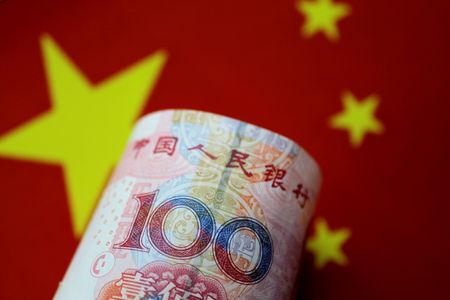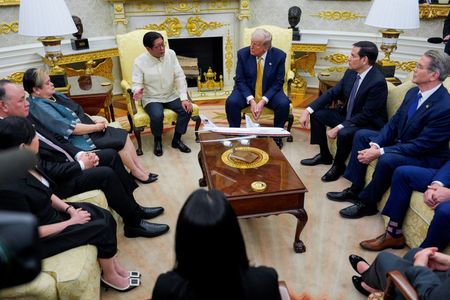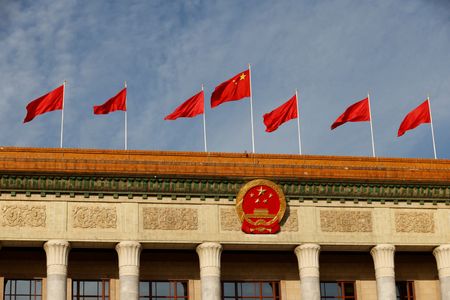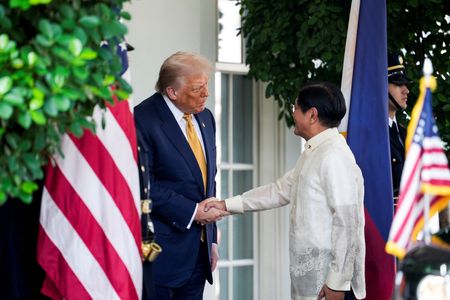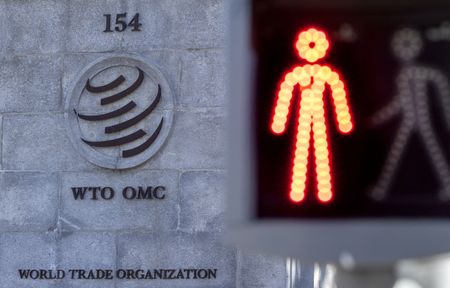BEIJING (Reuters) -China has the conditions to keep the yuan stable, the country’s foreign exchange regulator said on Tuesday, even as trade relations with Washington remain uncertain and deflationary pressures continue to weigh on the domestic economy.
Li Bin, the deputy head of the State Administration of Foreign Exchange (SAFE), said that the yuan has been trading at reasonable and balanced levels so far this year and had the conditions to remain stable.
“From a policy perspective, China has accumulated rich experiences in counter-cyclical adjustments in the foreign exchange market and has ample reserves of policy tools,” Li said.
He added that the regulator’s ability to “prevent and resolve external shocks and risks” had been enhanced.
“We have the confidence and ability to continue to maintain the stable operation of the foreign exchange market,” he said.
Overseas investors in general have increased their net holdings of onshore equities and bonds in the second quarter of this year, Li told a press conference in Beijing.
He added that supply and demand in the foreign exchange market were basically stable.
China’s yuan has strengthened about 1.7% against the U.S. dollar so far this year.
Chinese businesses and investors expect the yuan to remain steady in the near term, a rise in currency swaps and growing foreign exchange deposits suggest they are expecting the yuan to depreciate as U.S. trade tensions drag on.
China reported slightly better-than-expected second-quarter gross domestic product (GDP) data last week, though analysts warn that weak demand at home and rising global trade risks will ramp up pressure on Beijing to roll out more stimulus.
The 90-day tariff truce agreed by Washington and Beijing during trade talks in Switzerland is due to end on August 12.
Official data on Tuesday showed that foreign investors sold China’s onshore yuan bonds for the second consecutive month in June.
(Reporting by Beijing Newsroom; Editing by Christian Schmollinger and Kate Mayberry)

